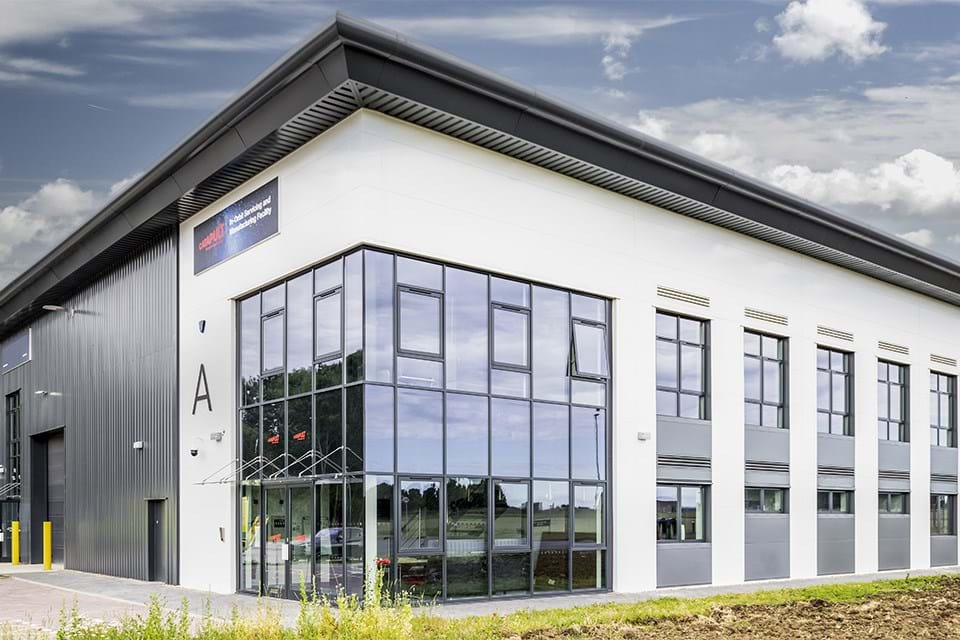UK Space Agency announces £3.5m funding to make satellites more sustainable

THE UK Space Agency has announced millions in funding for work aimed at prolonging the life of satellites as it strives to make space more sustainable. This includes a £2m (US$2.5m) upgrade to the Satellite Applications Catapult’s In-Orbit Servicing and Manufacturing (IOSM) facility at the Westcott Space Cluster in Aylesbury, UK.
The site offers testing capability for close-proximity operations and in-orbit servicing technologies. The upgrade will allow for UK-first capabilities enabling verification, validation, and demonstration of in-orbit operations including manufacturing, servicing, inspection, repair, and assembly.
Lucy Edge, COO of the Satellite Applications Catapult, said that IOSM is predicted to be worth £11bn globally by 2031, and the UK has the potential to capture at least 25% of the market. “To achieve that, it’s critical that the UK’s IOSM companies have access to infrastructure to test their technologies and operations under mission conditions,” she said.
The funding will also support UK Space Agency-funded work to develop space sustainability standards, including exploring the design and operation of sustainable spacecraft.
Meanwhile, almost £1.5m in funding will support feasibility studies on refuelling satellites in space, with the aim of extending their life and reducing the amount of space debris.
Ray Fielding, head of space sustainability at the UK Space Agency, said: “Until recently, satellites have been designed as one-shot items: non-refuellable with mission lifespans coming to an end when the satellite can no longer manoeuvre effectively.
“This package of funding shows the UK Space Agency is leading work to develop UK capabilities in performing in-orbit tasks, such as refuelling, and demonstrating leadership in more sustainable space operations.”
Andrew Griffith, minister for space at the Department of Science, Innovation, and Technology, said: “Tackling space debris and maintaining ease of navigation in space is vital to allowing future exploration and protecting the everyday services we all rely on, from location and financial services to weather forecasting and broadband.
“To ensure that long-term sustainability, we are funding new technologies for satellite refuelling, and upgrading this important national facility at Westcott to help bring innovations to market faster, in turn growing our economy.”
According to the UK government, there are currently around 37,000 pieces of space debris in orbit measuring more than 10 cm, with an estimated 1m pieces sized 1–10 m.
In 2022, The Chemical Engineer spoke to Gary Calnan about his company’s work to tackle the issue by developing a forge for recycling waste metals in space.
Recent Editions
Catch up on the latest news, views and jobs from The Chemical Engineer. Below are the four latest issues. View a wider selection of the archive from within the Magazine section of this site.




